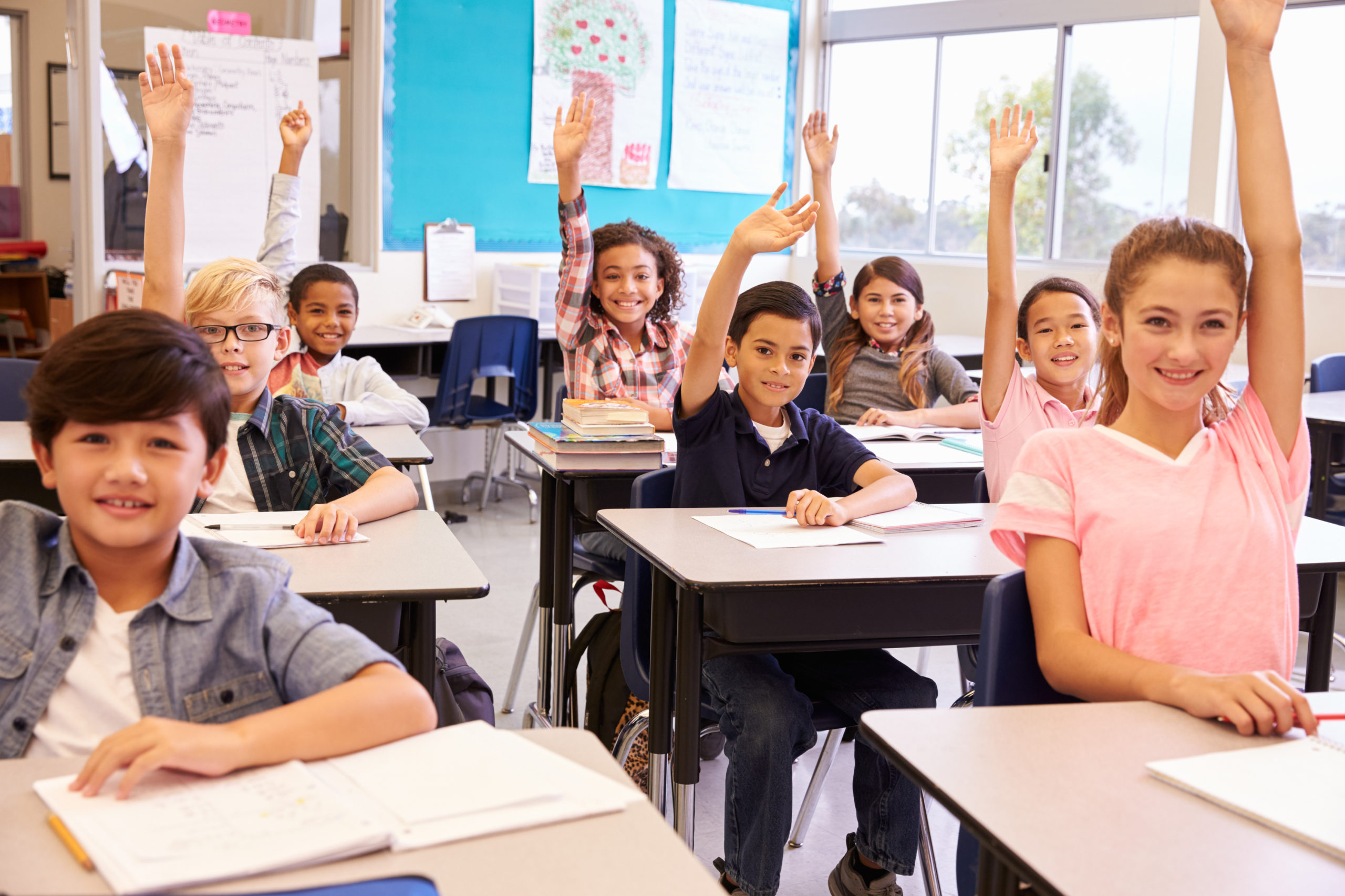Ingenious Solutions to Save Temecula Schools from Budget Cuts
Wiki Article
The Effect of Institution Environments on Academic Success and Personal Health
The design of academic spaces, including all-natural lighting and ergonomic furnishings, can improve pupils' concentration and convenience. How can institutions purposefully boost these facets to better support their students?Physical Design and Design
Just how does the physical layout and style of a school impact scholastic success? The plan and aesthetic of a school environment can dramatically affect pupils' knowing end results.Natural illumination and efficient ventilation systems are critical in improving cognitive feature and decreasing absence. Research studies have shown that classrooms with sufficient all-natural light improve pupil focus and reduce sensations of drowsiness. Additionally, ergonomic furnishings tailored to trainees' needs can avoid physical discomfort, enabling prolonged emphasis and involvement in academic tasks.
Access to outside rooms and visually pleasing surroundings likewise play a crucial role - Save Temecula Schools. Environment-friendly spaces and well-maintained school premises provide possibilities for workout and psychological relaxation, both of which are necessary for preserving high degrees of scholastic performance. Basically, a thoughtfully created physical atmosphere can function as a stimulant for academic quality, fostering an ambience that sustains both training and discovering
Class Ambience
A positive classroom environment is fundamental to accomplishing academic success. An atmosphere that fosters a feeling of security, inclusivity, and mutual respect urges pupils to engage more actively in their learning procedures. The atmosphere of a class, consisting of facets such as lighting, sound levels, and seating plans, can substantially influence pupil focus and motivation. A well-ventilated, well-lit class with marginal disturbances can enhance cognitive function and reduce stress, therefore promoting much better academic results.Additionally, the classroom environment must support a culture of partnership and open interaction. When trainees feel comfy expressing their ideas and asking inquiries, they are more probable to involve deeply with the material and develop critical thinking skills - Save Temecula Schools. Peer interactions and team tasks can enhance understanding by fostering and giving diverse perspectives synergy
Additionally, developing constant routines and clear assumptions can produce an organized environment that enables pupils to concentrate on their studies. By lessening uncertainty and offering a predictable structure, pupils can much better manage their time and duties. Inevitably, a favorable classroom atmosphere not just improves academic efficiency yet additionally adds to the overall wellness of students, preparing them for future academic and individual undertakings.
Teacher-Student Relationships
Structure on the value of a favorable classroom ambience, the relationships between students and teachers play a pivotal duty in forming academic success. A healthy and balanced teacher-student relationship fosters a discovering environment where pupils really feel valued, understood, and supported, which dramatically boosts their inspiration and engagement. When trainees regard their instructors as approachable and compassionate, they are more probable to take part proactively in course and look for visit site aid when required, adding to read a much deeper understanding of the topic.
This depend on makes it possible for pupils to express their concepts and problems openly, promoting a joint understanding atmosphere. In significance, solid teacher-student relationships are a foundation of educational success, playing an essential function in both scholastic achievement and personal development.
Peer Interactions
Peer interactions considerably influence academic success by forming a trainee's social and cognitive advancement. Within the school atmosphere, peer connections work as a fundamental element for learning and personal development. Favorable peer interactions can enhance a student's inspiration and interaction in scholastic tasks with collective discovering and mutual assistance. When students collaborate in group setups, they trade concepts, solve troubles collectively, and develop essential thinking abilities. Such communications foster a sense of belonging and area, which is vital for emotional well-being and academic determination.
Reliable peer interactions additionally add to the growth of necessary life abilities, such as teamwork, interaction, and problem resolution. These social proficiencies are essential linked here for both academic success and personal well-being, emphasizing the significance of promoting favorable peer characteristics within the college atmosphere.
Extracurricular Activities
Taking part in extracurricular tasks plays a crucial duty in a student's scholastic success and individual growth. These tasks, ranging from sports teams to question clubs, provide students possibilities to hone beneficial abilities such as management, time administration, and teamwork. Research consistently shows that students that get involved in extracurricular tasks have a tendency to achieve higher scholastic performance. This correlation is commonly attributed to the organized environment and the technique required to stabilize both extracurricular and academic dedications.Additionally, extracurricular participation cultivates a feeling of belonging and neighborhood, which is crucial for personal wellness. Getting involved in group activities enables pupils to construct and reinforce socials media, improving their social and emotional intelligence. These communications are crucial for establishing social abilities that are valuable in both future and academic expert environments.
In addition, after-school activities give a constructive electrical outlet for pupils to discover their passions and interests beyond the typical curriculum. This exploration can lead to the discovery of brand-new talents and possible occupation courses, better encouraging pupils to involve more deeply in their scholastic work. In verdict, the function of extracurricular activities extends past simple leisure; they are integral to promoting an all natural academic experience that advertises both academic success and personal development.
Conclusion
Altogether, the impact of college environments on both scholastic success and personal wellness is profound. Attentively made physical designs and classrooms, along with positive teacher-student connections and positive peer communications, considerably boost student motivation and involvement. In addition, the presence of supportive instructors can alleviate stress and anxiety, cultivating a nurturing environment helpful to all natural growth. These aspects collectively highlight the value of creating and maintaining optimal school environments for the benefit of students' scholastic and individual development.Eventually, a favorable classroom environment not only enhances academic performance however also contributes to the total health of trainees, preparing them for future educational and personal endeavors.

Report this wiki page